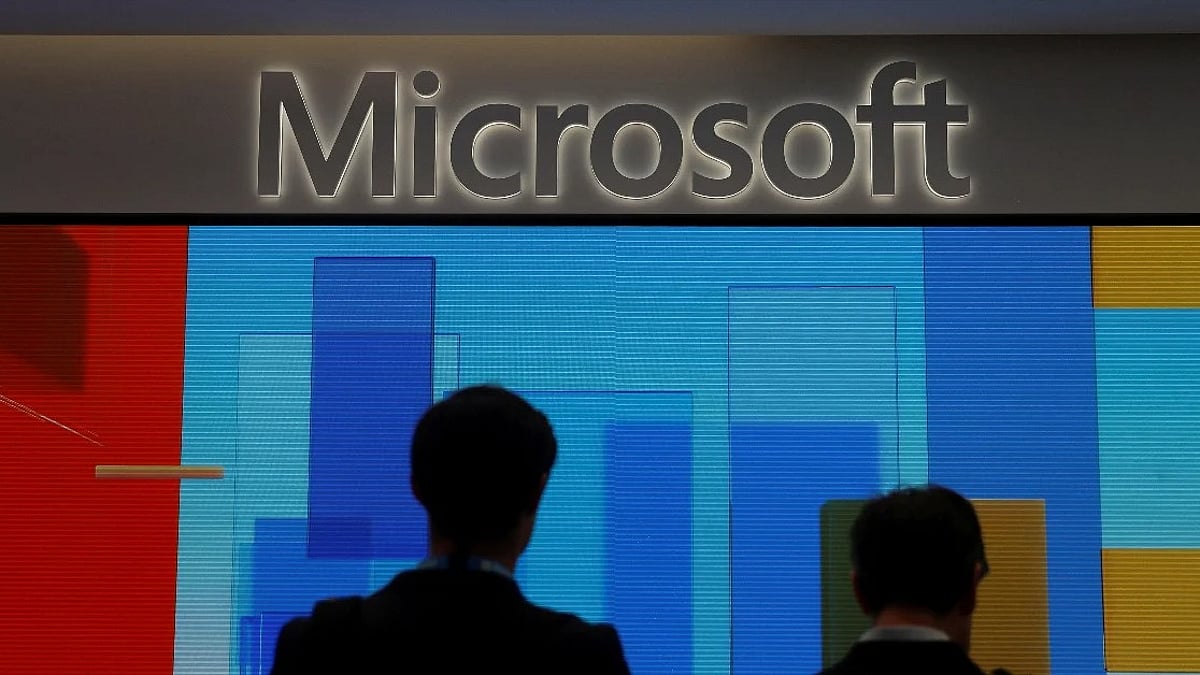 |
|
The recent alert issued by Microsoft regarding active attacks targeting SharePoint Server software underscores the ever-present and evolving threat landscape that businesses and governments must navigate. In today's interconnected world, where digital infrastructure is the backbone of nearly every operation, cybersecurity has become a paramount concern. The vulnerability of SharePoint Server, a widely used platform for collaboration and document management, to malicious actors highlights the potential for significant disruption and data breaches. The terse and deliberately restrained language of the alert suggests a situation that is both urgent and potentially widespread, compelling organizations to take immediate action to mitigate risks. The involvement of the FBI further underscores the seriousness of the matter, signaling that the attacks are not merely isolated incidents but rather a coordinated effort that warrants a national-level response. The lack of specific details from the FBI, however, adds another layer of concern, leaving organizations to grapple with uncertainty and potentially hindering their ability to effectively defend against the attacks. This highlights a common challenge in cybersecurity: the need for timely and accurate information sharing while simultaneously protecting sensitive intelligence that could compromise ongoing investigations or alert adversaries to defensive measures. The impact of a successful attack on SharePoint Server could be far-reaching, potentially compromising sensitive data, disrupting critical business processes, and undermining public trust. In the context of government agencies, such attacks could even have national security implications, highlighting the need for robust security protocols and proactive threat detection measures. The challenge lies not only in defending against known vulnerabilities but also in anticipating and mitigating emerging threats that leverage novel techniques and exploits. This requires a multi-faceted approach that encompasses continuous monitoring, threat intelligence gathering, security awareness training, and the implementation of layered security defenses. Furthermore, effective collaboration between government agencies, private sector organizations, and cybersecurity researchers is essential to share threat information, develop best practices, and coordinate responses to cyberattacks. The incident also raises broader questions about the security of enterprise software and the responsibility of software vendors to proactively address vulnerabilities and provide timely security updates. While Microsoft has issued a security alert, the effectiveness of these alerts depends on organizations promptly implementing the necessary patches and security configurations. Unfortunately, many organizations struggle to keep pace with the constant stream of security updates, often due to resource constraints, competing priorities, or a lack of expertise. This creates a window of opportunity for attackers to exploit known vulnerabilities and compromise systems. The long-term solution requires a fundamental shift in mindset, from viewing cybersecurity as a reactive measure to a proactive and integral part of business operations. This includes investing in cybersecurity talent, implementing robust security policies and procedures, and fostering a culture of security awareness throughout the organization. Moreover, organizations should consider adopting a zero-trust security model, which assumes that no user or device is inherently trustworthy and requires continuous verification of identity and access rights. This approach can significantly reduce the risk of unauthorized access and limit the impact of a successful attack. In conclusion, the Microsoft alert regarding active SharePoint Server attacks serves as a stark reminder of the persistent cybersecurity threats facing organizations today. The incident underscores the need for proactive security measures, effective collaboration, and a continuous commitment to improving cybersecurity posture. The coming weeks and months will be crucial in determining the full extent of the attacks and the long-term impact on affected organizations. The response to this incident will undoubtedly shape the future of cybersecurity and the strategies that organizations employ to protect their digital assets.
Source: Cybersecurity Alert: Microsoft Flags Active SharePoint Server Attacks
